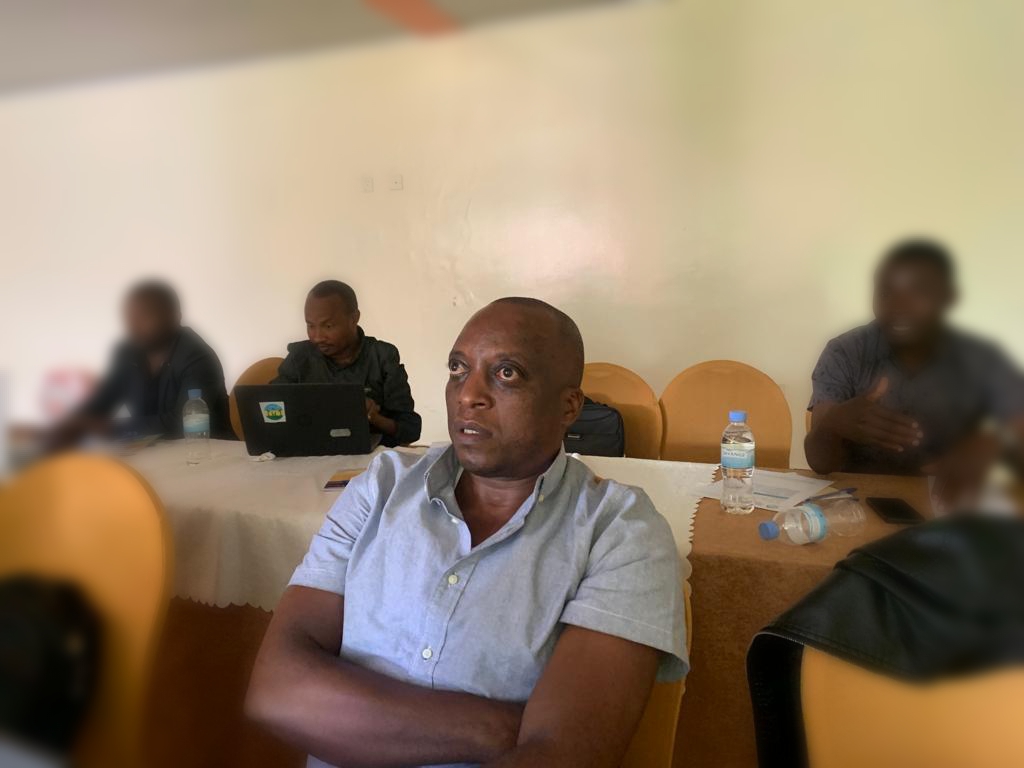
News
‘Our Vote Matters’
Play audio version
Rwanda’s Journey Toward Accessible Voting
April 29, 2024
Editor’s Note: Globally, more voters than ever in the history of the world will head to the polls this year as at least 64 countries (about half the population) hold national elections. This will determine the future of the world for generations to come. That’s why we’re starting a series on accessible elections – what’s been achieved and what still needs to be done to make sure disabled voters’ voices are heard around the world. In part 1, we head to Rwanda, where advocates are pushing for Braille ballots and accessible polling places and celebrating victories like persons with psychosocial disabilities now having the right to vote.
KIGALI, Rwanda – “[Just like] other citizens, our vote matters,” says Daniel Mushimiyimana, a visually impaired citizen of Rwanda. “You feel the joy of participating in the development of your country.”
Mushimiyimana is an advocacy committee member at the Rwanda Union of the Blind. He has experienced first-hand numerous barriers to voting due to the lack of accessibility in the electoral process.
Rwanda has more than 446, 453 persons with disabilities and a strong legal framework for them. In 2008, the country ratified the United Nations Convention on the Rights of Persons with Disabilities (CRPD). The CRPD ensures that persons with disabilities have equal voting rights alongside their peers, guaranteeing accessibility to all voting processes, facilities, and materials. Additionally, Rwanda has a law mandating the protection of Rwandans with disabilities and has signed the African Charter on Human and People’s Rights on the Rights of Persons with Disabilities in Africa (ACHPR). In alignment with the principles and guidelines outlined in the CRPD, Rwanda also unveiled its National Policy on Persons with Disabilities in 2021.
Despite the laws, their implementation is lacking. The National Electoral Commission’s (NEC) failure to provide accessibility guidelines for elections has resulted in persistent voting challenges for persons with disabilities.
In Rwanda, the NEC has scheduled its presidential and parliamentary elections for July 14 to 16, 2024. At least one person with a disability will be mandatorily elected to represent the national parliament.
“It is very important for election authorities, polling staff, and policymakers to continue working towards improving the accessibility of the voting process, eliminating barriers, and promoting the full and equal participation of all citizens,” says Mushimiyimana.
Currently, to cast their vote, blind people need to take with them a sighted relative between 14 and 18 years old to read the ballot and help them mark their choice with their fingerprint. This provision also extends to persons who cannot use their hands. An electoral committee member is present to supervise the voter’s assistant, resulting in the blind person’s voting privacy being compromised. “We want that to change in these coming elections,” says Mushimiyimana.
It is not only the polling process but the political campaigns that need to be inclusive so disabled people can better understand party manifestos.
Communication Remains a Barrier
Jean Marie Furaha, a DeafBlind advisor at the Rwanda Organization of Persons with Deaf Blindness, told the Disability Justice Project through an interpreter that communication remains a barrier for DeafBlind people. “Because we cannot hear, see, or speak, we cannot ask what is happening,” Furaha says.
He explains that many persons with DeafBlindness don’t even know about the upcoming elections, and they have never had a chance to vote: “We live in our own world. We know ourselves, but we wish we also knew everything going on [around us].”
He adds that DeafBlindness is not explicitly listed in the ministerial order determining the modalities of classifying persons with disabilities into basic categories based on the degree of disability. To an extent, this contributes to the lesser-known status of DeafBlindness as a disability. “I think that’s the reason why even the government plans nothing special for us,” he says. Additionally, many DeafBlind people can’t read or write, living in rural areas, dependent on their families, and still facing discrimination from them. This makes it even more difficult for them to vote, Furaha adds.
The National Union of Disability Organizations in Rwanda (NUDOR) is an umbrella organization that works to strengthen the voice of the disability movement in Rwanda. NUDOR’s legal and advocacy officer, Jean Baptiste Murema, told the Disability Justice Project that his organization is working with the NEC to ensure that no disabled person is left out of the voting process due to disability in the upcoming elections.
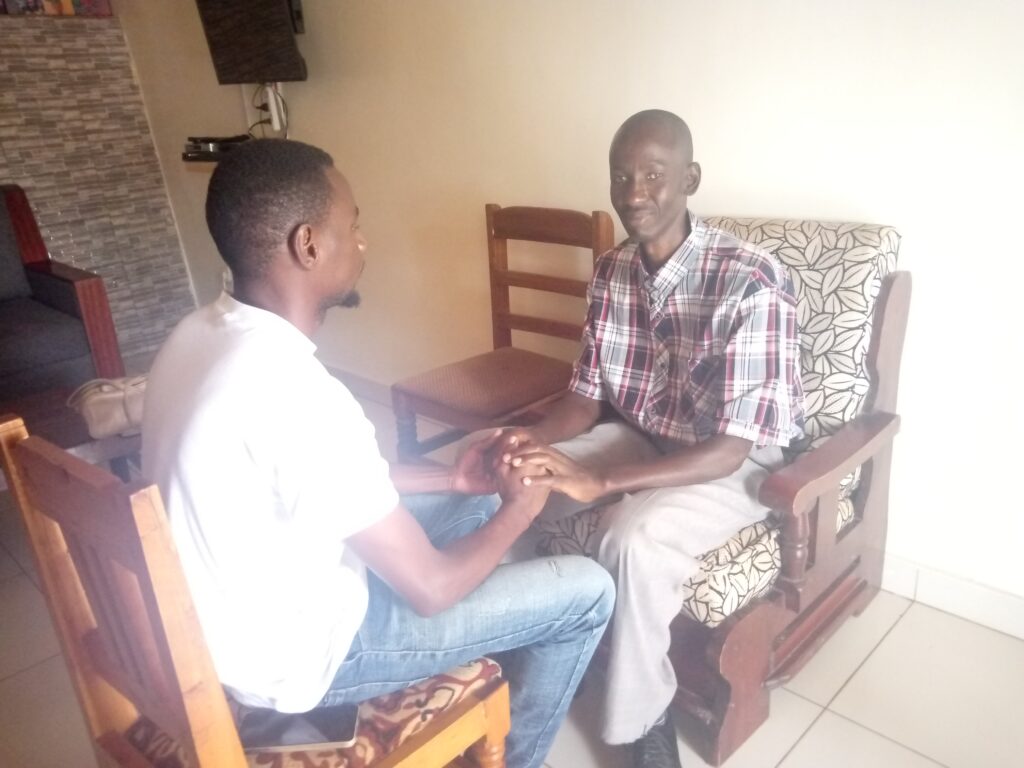
Activists in Rwanda are pushing for the adoption of electronic voting machines equipped with features such as audio output, Braille, large print options, and tactile interfaces for people with different visual disabilities and DeafBlindness. They are also calling for accessible polling stations for those with physical disabilities and the provision of sign language interpreters for Deaf individuals.
The advocacy efforts of NUDOR have achieved some success.
Some Progress
NEC has agreed to work on all accessibility features for the elections, Emile Cadet Vuningabo, NUDOR’s head of programs, told the Disability Justice Project. However, as polling stations are to be established in classrooms in schools that lack accessibility, NEC has not committed to providing temporary accommodations such as ramps for people who use wheelchairs and have other types of physical disabilities.
Until recently, clear criteria for the voting rights of people with psychosocial disabilities in Rwanda did not exist. Article 8 of Rwanda’s Organic Law governing the elections prohibited persons who “show signs of mental illness” or “disrupt the tranquility of the population and at the place of registration” from voting.
Rose Umutesi, executive director of the National Organization of Users and Survivors of Psychiatry in Rwanda (NOUSPR) along with NUDOR and the National Council of Persons with Disabilities urged the election authorities to review gaps in Rwandan laws and policies. All three organizations approached the NEC in the beginning of 2023 requesting reconsideration of Article 8. Subsequently, on November 29 last year, Article 8 was revoked.
In the upcoming elections, all persons with psychosocial disabilities are eligible to vote as long as they are not experiencing a mental health crisis at the time of casting their vote.
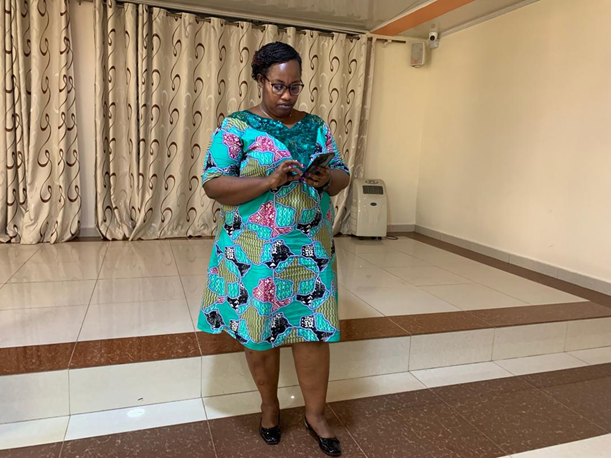
NOUSPR is now encouraging its members to verify if their names are on the voter registration list. The organization is trying to spread the word through the media to ensure that people with psychosocial disabilities are aware of their eligibility to participate in the July elections and do not miss out on voting.
Umutesi, a former Disability Justice Project Fellow, is thrilled that her efforts could help in the development of inclusive voting protocols that address the needs of persons with psychosocial disabilities.
“I’m receiving messages and calls from our members, appreciating my efforts, saying that they are so happy to find themselves on the voting register for the first time,” Umutesi says. “They are really happy to vote.”
Francine Uwayisaba is a contributing writer with the Disability Justice Project and a field officer at Rwanda Union of Little People (RULP). At RULP, she is in charge of the organization’s communications. She writes grants, manages RULP’s social media, and composes articles and weekly updates for the website. @2024 DJP. All rights reserved.
Editing and reporting assistance by Priti Salian
News From the Global Frontlines of Disability Justice

Rwanda’s Marburg Crisis
As Rwanda confronts its first-ever Marburg virus outbreak, people with disabilities face heightened risks — not only from the virus but also from the lack of accessible health information. “Without proper accommodations, such as sign language interpreters, captions, Braille, or visual aids, the Deaf and DeafBlind community may miss crucial information about how to protect themselves, symptoms to watch for, or where to seek help in case of infection,” says Joseph Musabyimana, executive director of the Rwanda Organization of Persons with Deaf Blindness.
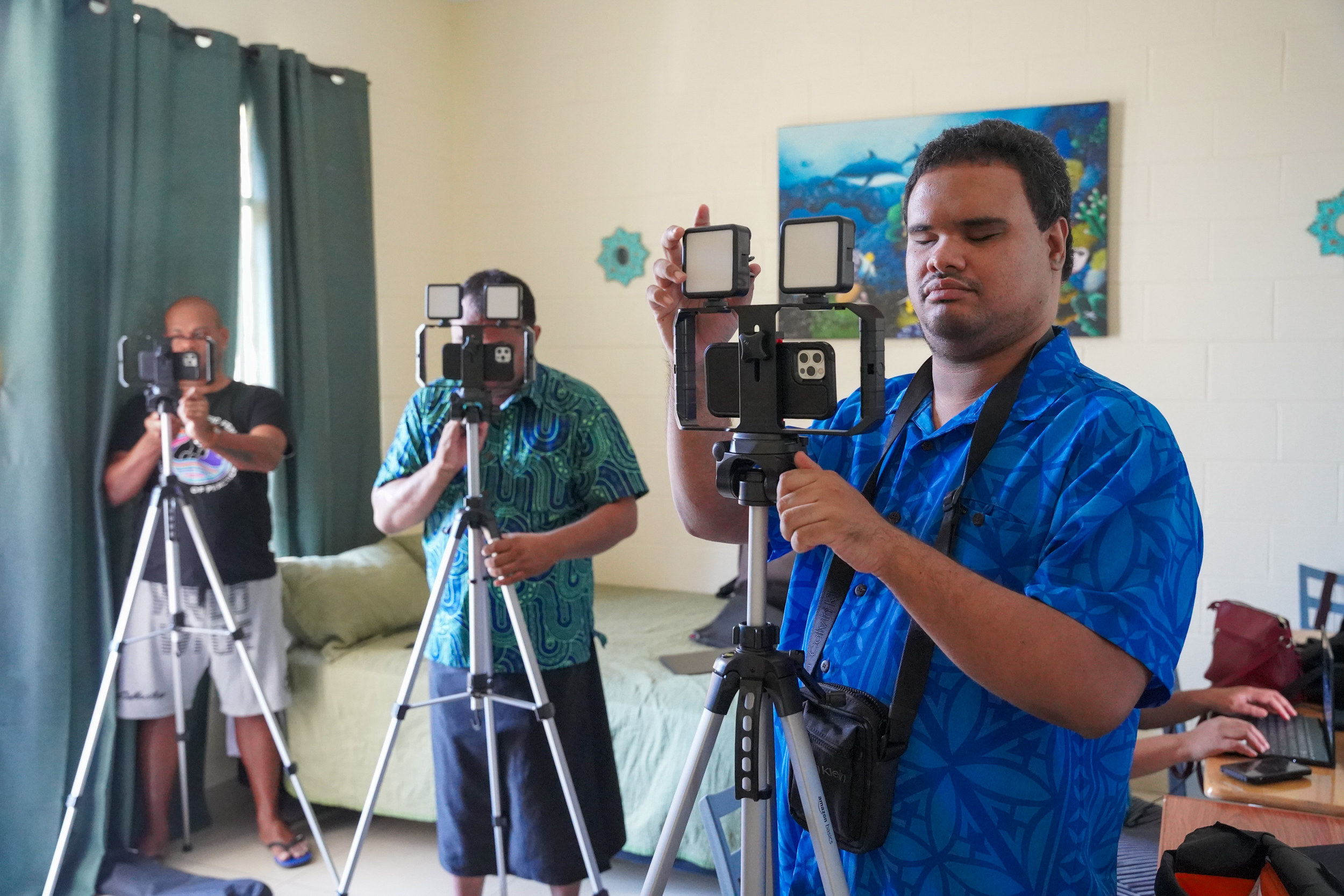
Capturing Vision Through Sound and Touch
Last summer, the DJP trained Indigenous activists with disabilities from the Pacific on the iPhone camera to create a documentary series on disability and climate change. With VoiceOver, the iPhone provides image descriptions for blind and low-vision filmmakers and offers other accessible features. “If you think about it, it doesn’t make sense for a blind person to use a camera,” says DJP filmmaker Ari Hazelman. “The iPhone gives you more avenues to tell your story in a more profound way as a blind person.”
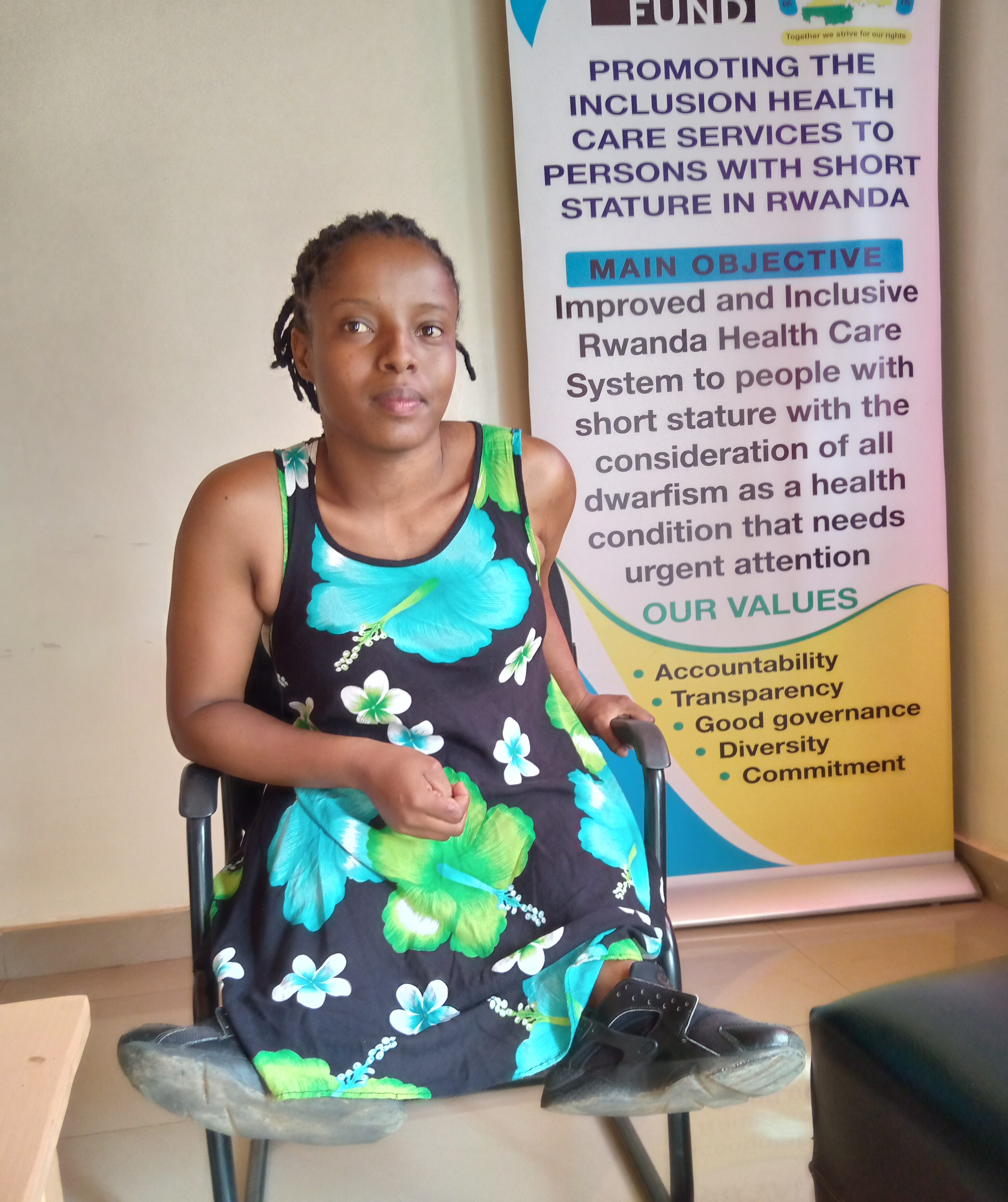
Work for All
The We Can Work program equips young Rwandans with disabilities to navigate barriers to employment through education, vocational training, and soft skills development. By fostering inclusive workplaces and advocating for policy changes, the program aims to reduce poverty and promote economic independence. Participants like Alliance Ukwishaka are optimistic that the program will enable them to achieve their dreams and showcase their potential. The initiative is part of a larger effort to support 30 million disabled youth across seven African countries.
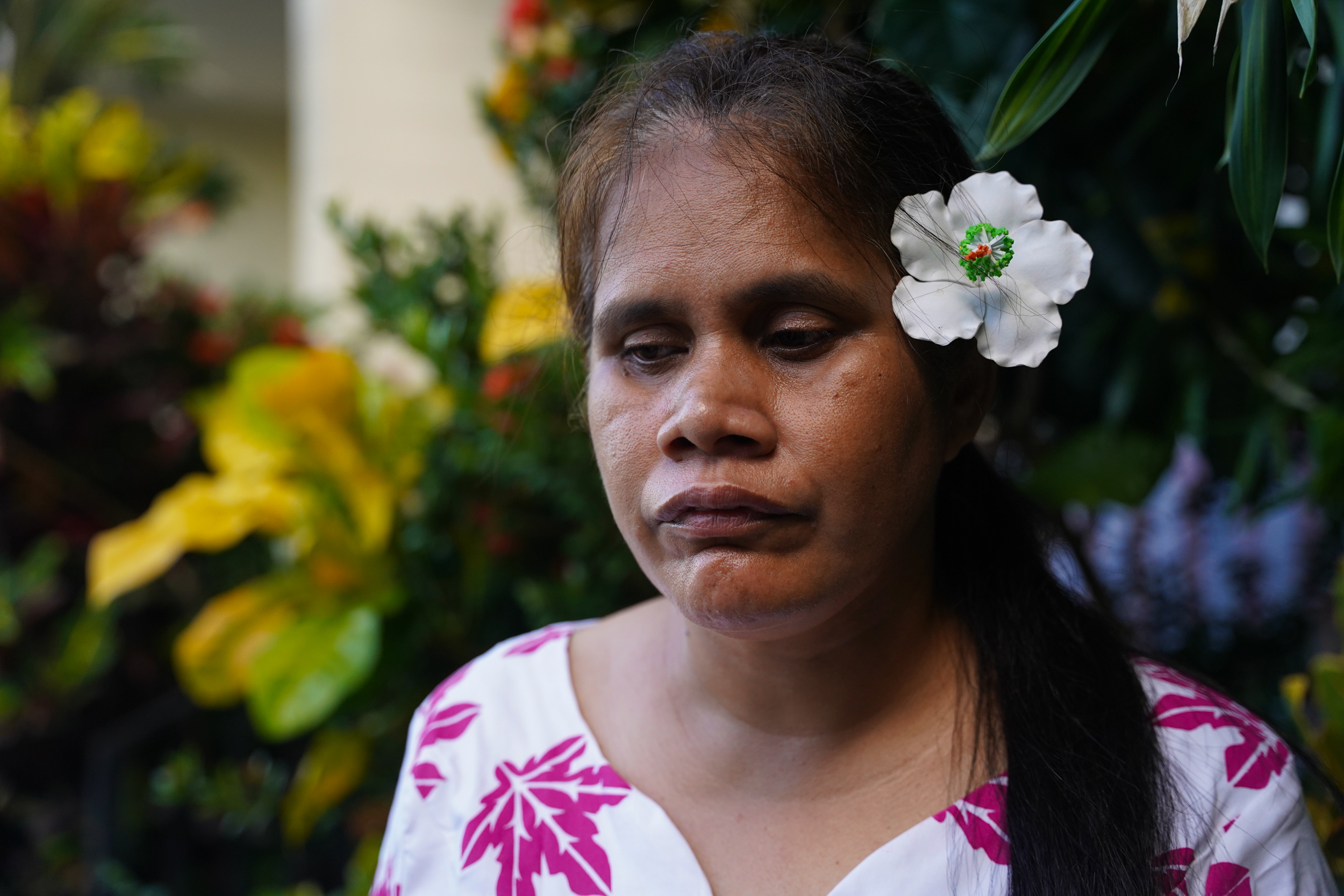
Global Recognition
Faaolo Utumapu-Utailesolo’s film “Dramatic Waves of Change” has been named a finalist in the Focus on Ability International Short Film Festival. The film, completed during a Disability Justice Project workshop in Samoa, highlights the impact of climate change on people with disabilities in Kiribati. Utumapu-Utailesolo, who is blind, used an iPhone with accessibility features to create the film. “Do not leave people with disabilities behind when [you] plan, implement, and monitor programs regarding climate change and disaster,” she says. Her achievement is a testament to the power of inclusive filmmaking.
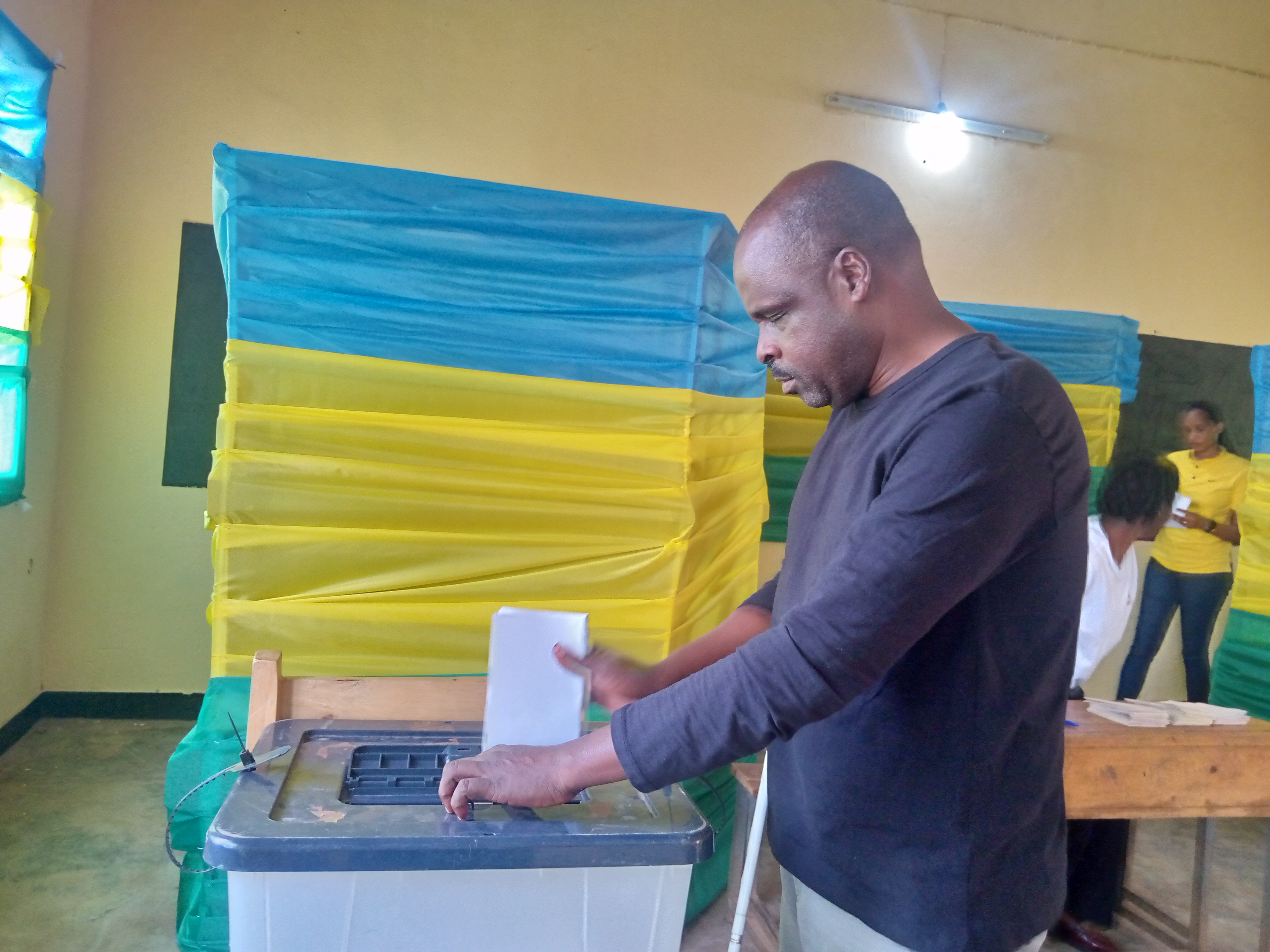
Advancing Democracy
Rwanda has made significant progress in making its elections more accessible, highlighted by the July 15 general elections where notable accommodations were provided. This was a major step forward in disabled Rwandans’ quest for equal rights and participation. “You cannot imagine how happy I am, for I have voted by myself and privately as others do accessibly,” says Jean Marie Vianney Mukeshimana, who used a Braille voting slate for the first time. “Voting is a deeply emotional and meaningful experience for a person with any disability in Rwanda, reflecting a blend of pride, empowerment, and hope.”
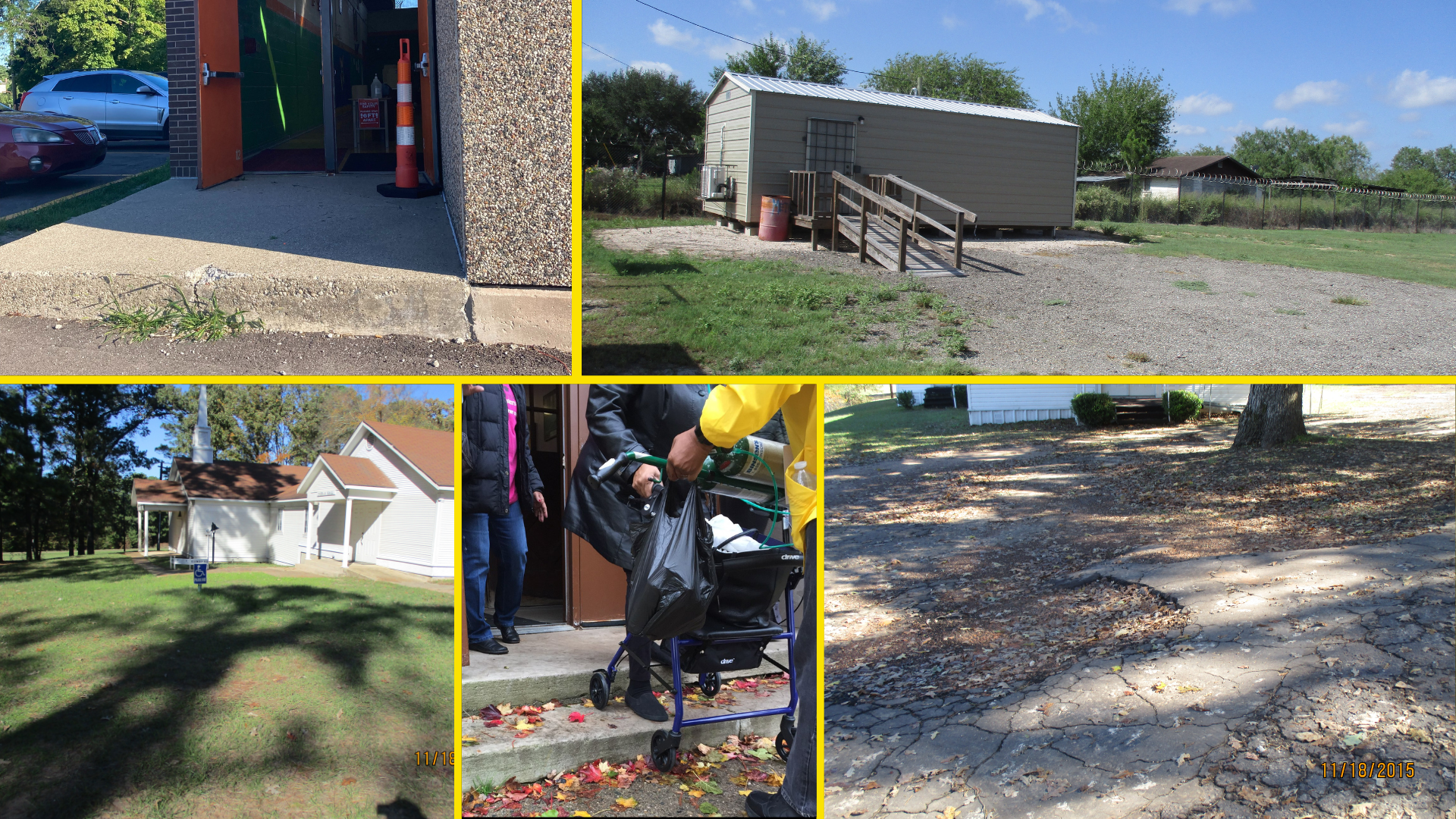
Barriers to the Ballot
Despite legislation like the Americans with Disabilities Act, barriers at the polls still hinder — and often prevent — people with disabilities from voting. New restrictive laws in some states, such as criminalizing assistance with voting, exacerbate these issues. Advocacy groups continue to fight for improved accessibility and increased voter turnout among disabled individuals, emphasizing the need for multiple voting options to accommodate diverse needs. ““Of course, we want to vote,” says Claire Stanley with the American Council of the Blind, “but if you can’t, you can’t.”